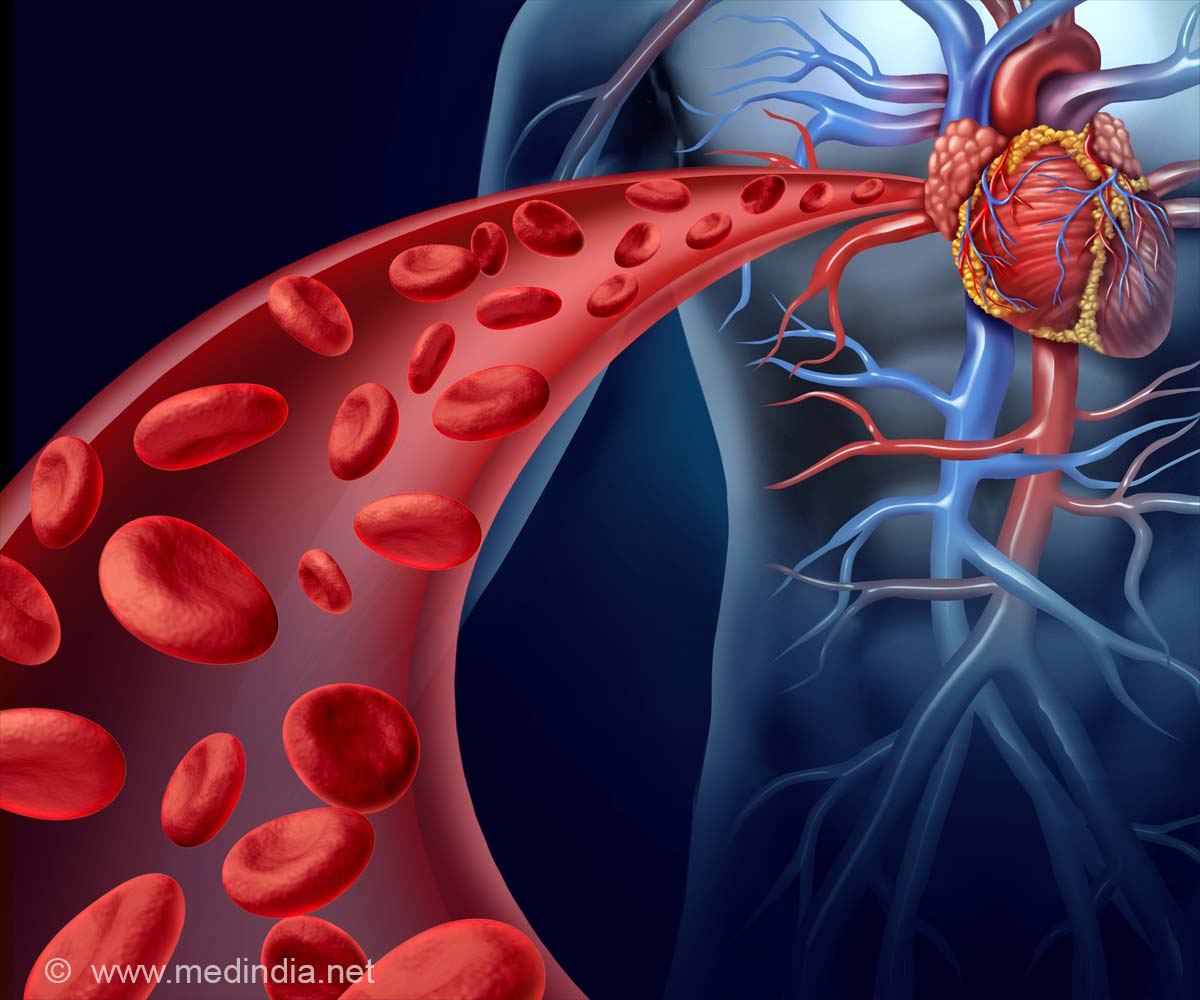Smooth muscle cells switch functions to regulate blood pressure, offering new insights for hypertension treatments.

- Smooth muscle cells in the kidneys can produce renin to regulate low blood pressure
- Nine genes control renin production, allowing cells to "remember" when to produce it
- Renin switch could improve hypertension treatments with fewer side effects
Inhibition of Renin Expression Is Regulated by an Epigenetic Switch From an Active to a Poised State
Go to source).
46% of adults don’t know that they have hypertension. #bloodpressure #hypertension #heart #medindia’
How Smooth Muscle Cells Help Control Blood Pressure
Smooth muscle cells of our body help to regulate blood pressure by contracting and relaxing the arteries. During low blood pressure, the smooth muscle cells present in the kidney can switch to a new function by producing renin, a substance to control blood pressure generally produced by specialized kidney cells.The genetic mechanism behind the transformation of normal cells to produce renin under low blood pressure was unknown till now. The UVA research team has finally identified a biological "switch" responsible for the sudden shift of normal cells to renin-producing cells. This discovery unveils the process behind this cellular transformation and reveals how our bodies respond to blood pressure fluctuations.
Role of Renin in Blood Pressure Regulation
Dr. R. Ariel Gomez, of UVA’s Child Health Research Center, emphasized that understanding how the switch mechanism works could lead to advancements in treating high blood pressure and vascular diseases.Dr. Maria Luisa S. Sequeira-Lopez and Gomez are the leading experts in the study of renin and its role in maintaining blood pressure. With senior scientist Dr. Jason P. Smith, the team studied how certain cells can “remember” how to produce renin suddenly even after they’ve stopped that function.
The researchers found nine genes that play an important role in three Biological pathways responsible for regulating renin production. These genes stimulate the smooth muscle cells to produce renin and stop it when needed. Interestingly, while these cells naturally stop making renin, they remain prepared to resume production when triggered.
Future of Hypertension Treatment by Targeting Renin-Producing Cells
This led to the discovery of an epigenetic "switch" making the cells produce renin that doesn’t normally have this function. The researchers thought the genes would be inactive when renin is not produced. However, the gene remains active to produce renin whenever it is needed by the body.Dr. Smith explained that this discovery is important in understanding how renin production is controlled in cells that don’t have the function. With renin’s essential role in health, it can help in hypertension treatments and let us know how long-term blood pressure medications impact kidney function.
Dr. Sequeira-Lopez emphasized that future research would focus on identifying biomarkers and potential therapeutic targets to overcome the harmful effects of chronic stimulation of renin-producing cells. By researching more about these cellular mechanisms, the team hopes to develop more precise and effective treatments for hypertension with fewer side effects.
The study, involving contributions from scientists like Robert Paxton, Silvia Medrano, Nathan C. Sheffield, Sequeira-Lopez, and Gomez, gives an important understanding of the genetic and epigenetic factors that allow cells to switch their function in response to physiological needs.
Reference:
- Inhibition of Renin Expression Is Regulated by an Epigenetic Switch From an Active to a Poised State - (https://www.ahajournals.org/doi/10.1161/HYPERTENSIONAHA.124.22886)
Source-Medindia















